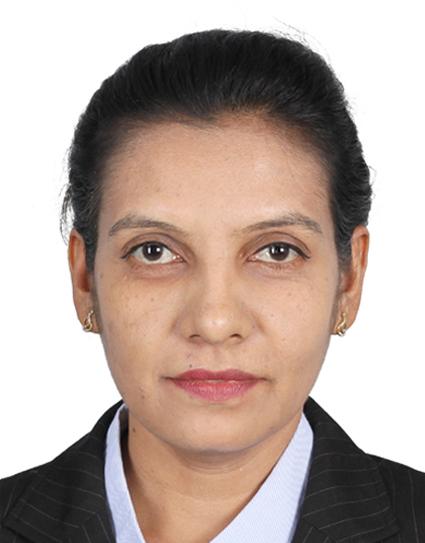Project Description
The DRC Mangrove Carbon Project, developed by ClimeTrek Limited in partnership with ICCN, aims to conserve and restore the 23,683 -hectare mangrove forest within the Parc Marin des Mangroves (PMM) at the Congo River Estuary in Muanda Territory, Kongo Central Province. Aligned with the national REDD+ strategy and supported by the Central Africa Forest Initiative (CAFI), the project combats unplanned deforestation, illegal wood harvesting, agricultural encroachment, and charcoal production—key drivers of mangrove degradation. Using the VCS VM0007 methodology for Avoided Unplanned Deforestation and Degradation (AUDD) in tidal wetlands, the project implements activities such as forest protection, degraded area restoration, clean cooking technologies, and sustainable livelihoods through training in agroforestry, oyster farming, and fisheries management. With an estimated climate benefit of 240,320 tCO₂e/year, the project also safeguards biodiversity—including African manatees and sea turtles—while empowering Indigenous Assolongo communities through benefit-sharing, improved access to water, education, healthcare, and alternative income opportunities, thus ensuring long-term environmental and socio-economic resilience.
The problem
In the past decade, the DRC has lost 1,161 hectares of mangrove forest, primarily due to expanding settlements, coastal development, agriculture, and population pressure. Approximately 4 million people live near these mangroves, placing tremendous strain on the ecosystem. This unsustainable exploitation not only threatens the livelihoods of Indigenous communities but also accelerates the release of stored carbon, contributing to global warming. Additionally, the DRC’s coastline is increasingly vulnerable to intense wave action and rising sea levels, further endangering the mangroves.
The solution
The REDD+ project aims to curb human impact on the mangrove forests by preventing further deforestation and degradation. The project will address unplanned deforestation, including illegal logging for charcoal production, which leads to the clear-cutting of mature mangrove trees. Efforts will focus on forest conservation, restoring degraded areas, and promoting sustainable land-use practices like agroforestry to boost agricultural productivity. The project will also support local livelihoods by enhancing oyster fisheries, promoting clean cooking technologies, and improving access to essential services such as clean water, education, sanitation, and healthcare in remote communities.
Environmental Impact
Mangroves play a critical role in carbon sequestration, making their conservation key to combating climate change. By protecting these mangroves, the project will preserve their carbon storage capacity and prevent further emissions caused by deforestation. The initiative also safeguards the habitats of unique marine biodiversity and strengthens the region’s resilience to climate change. Mangroves act as natural barriers, mitigating risks from coastal erosion, tidal flooding, and seawater intrusion, and thus reducing the impact of natural disasters.
Social Impact
The project will create green jobs and improve livelihoods for local communities by fostering sustainable employment opportunities. It will also strengthen the region’s agricultural and fishing sectors, which are essential to the local economy. Through training and active involvement in decision-making, the project will empower Indigenous communities to take ownership of conservation efforts. In addition, improved access to vital services such as healthcare, education, and clean water will enhance the well-being of the people living in and around the mangrove forests.
Project Timeline
Impact
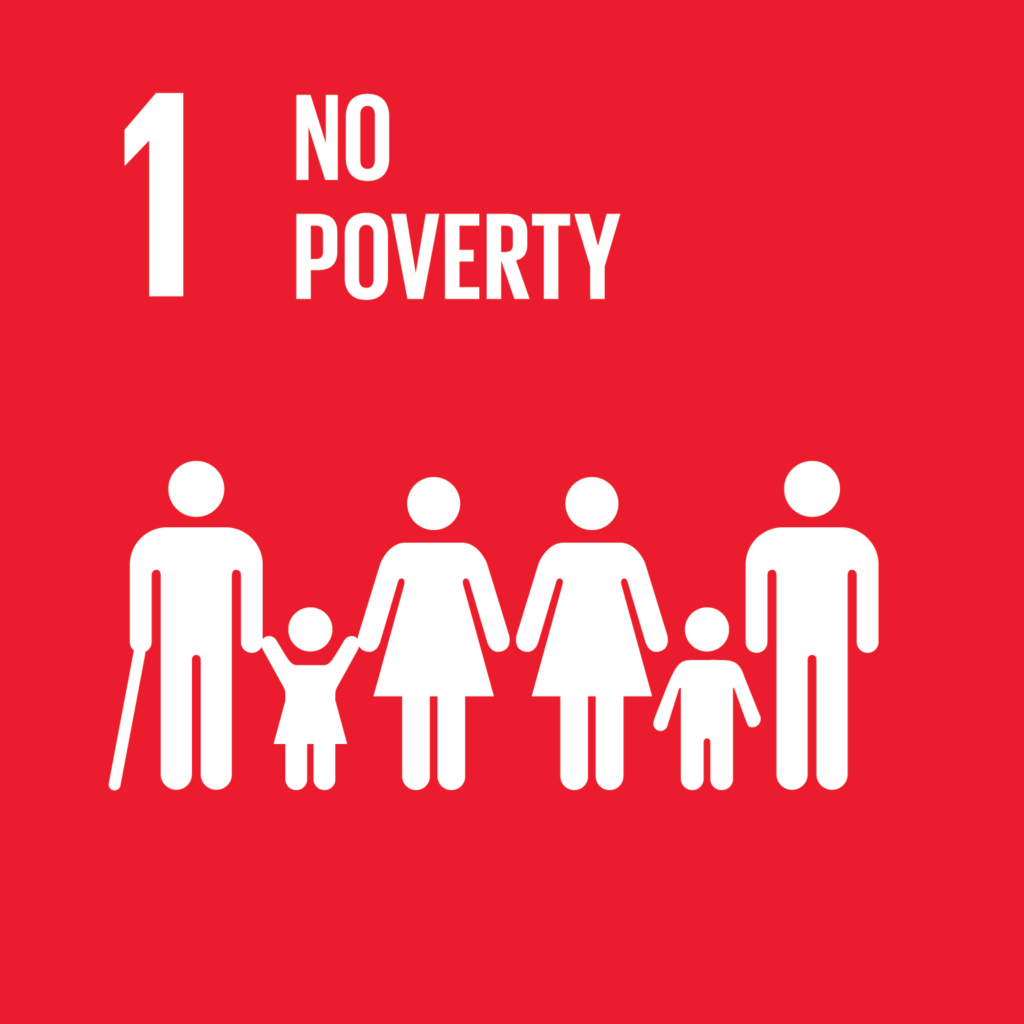
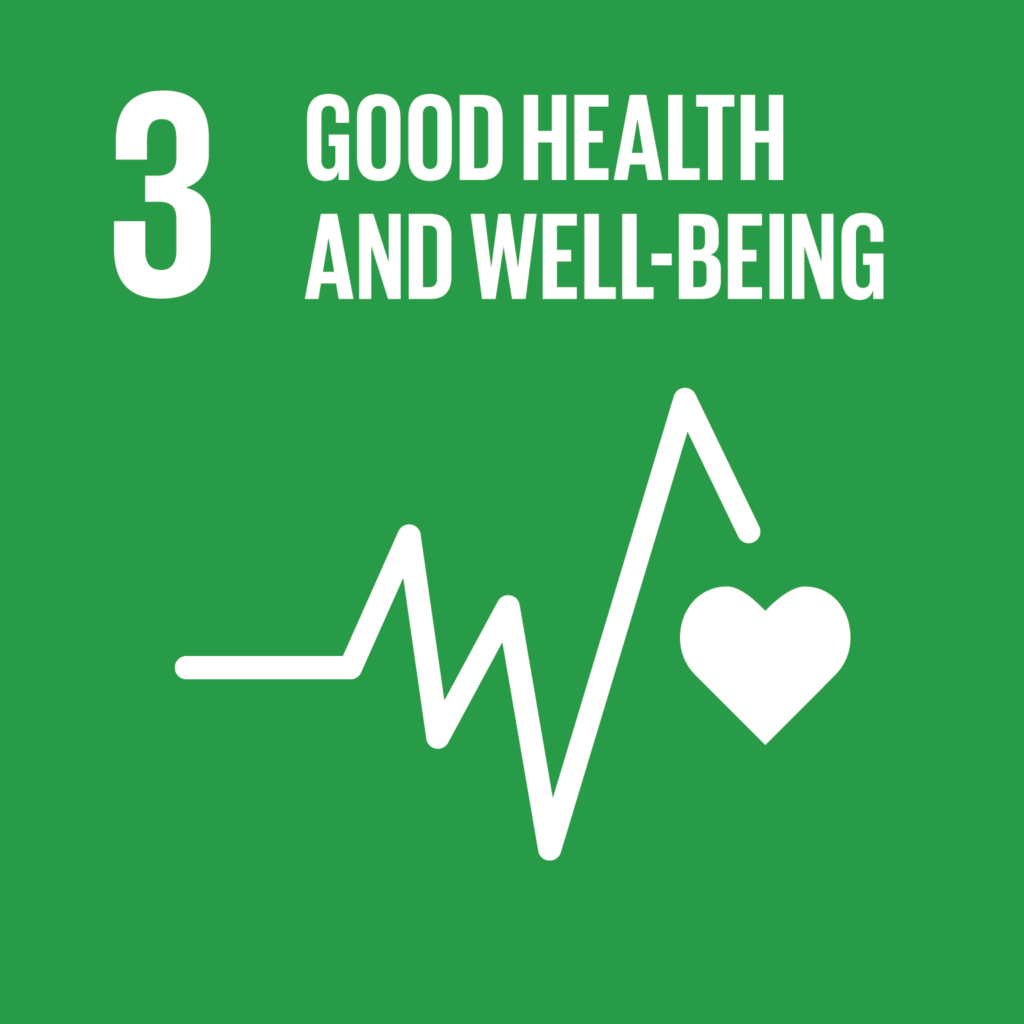
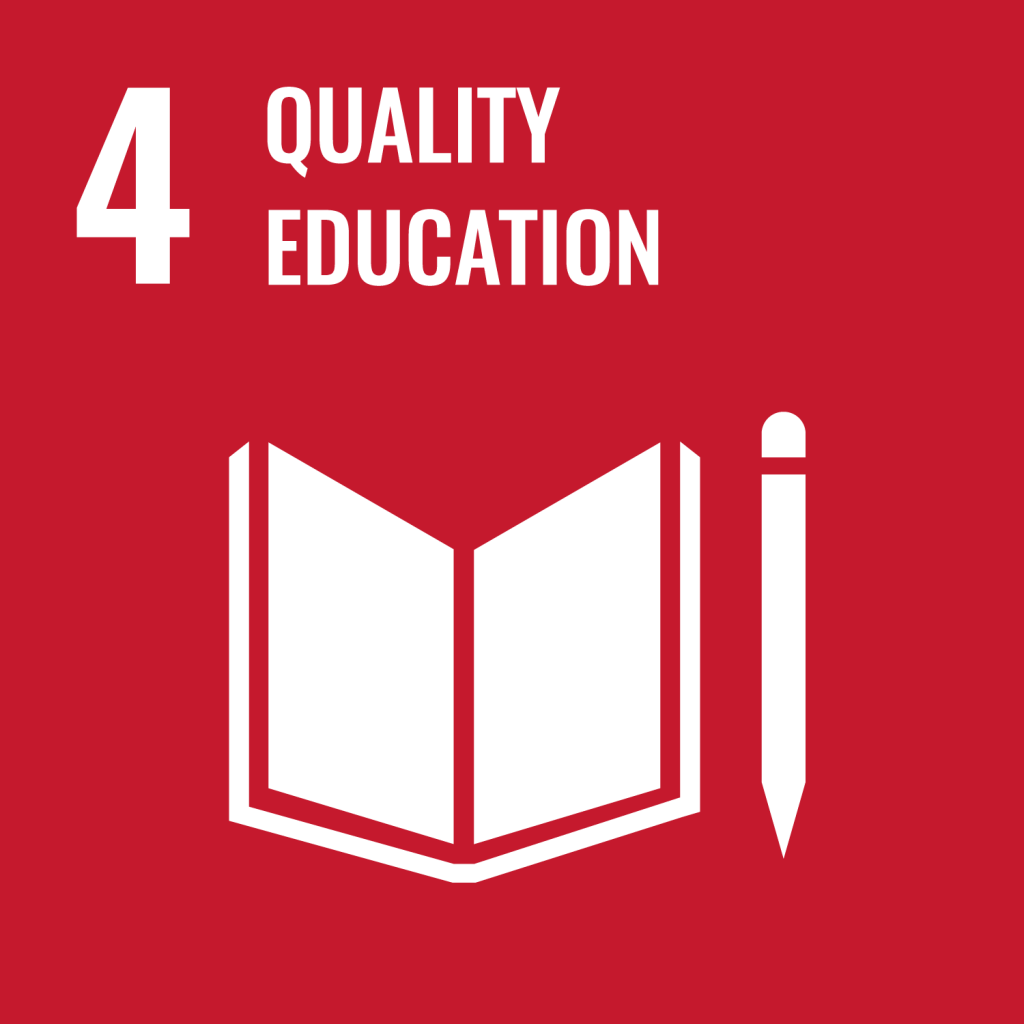
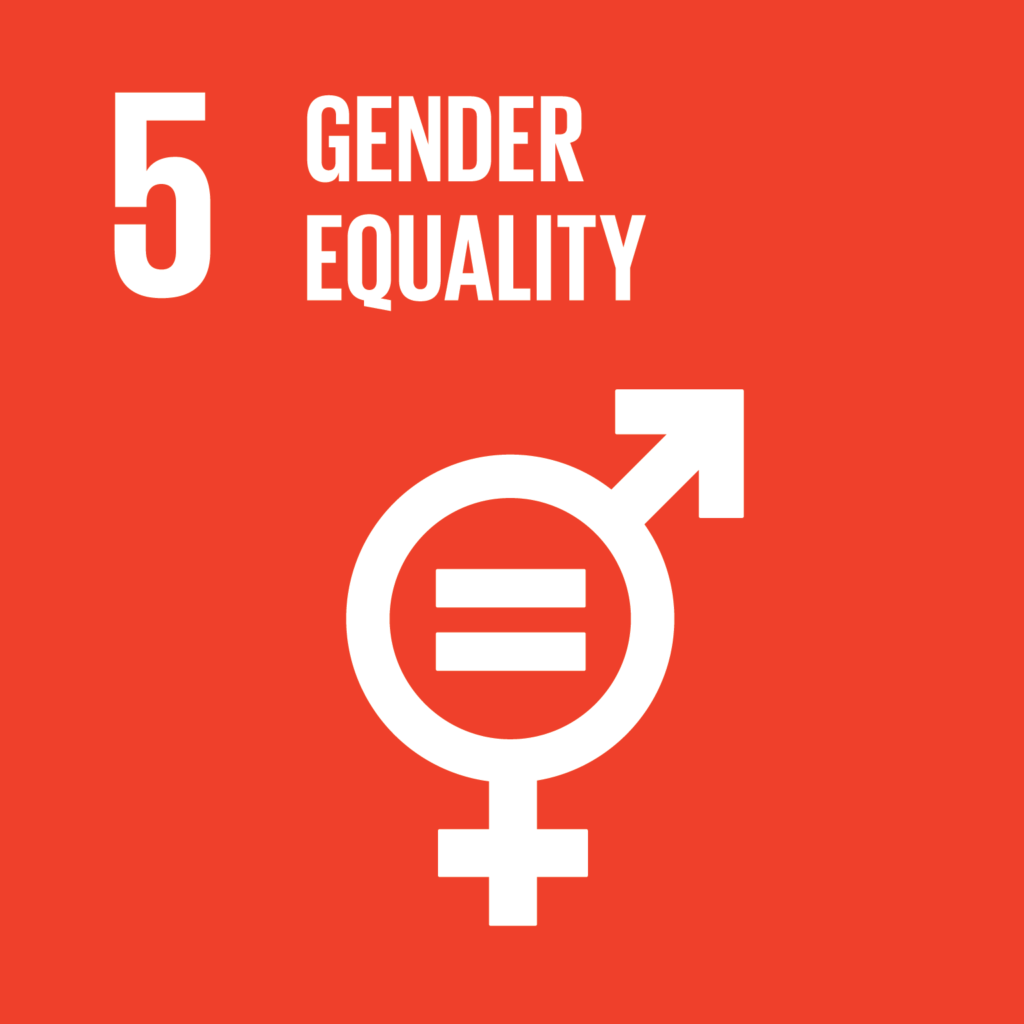
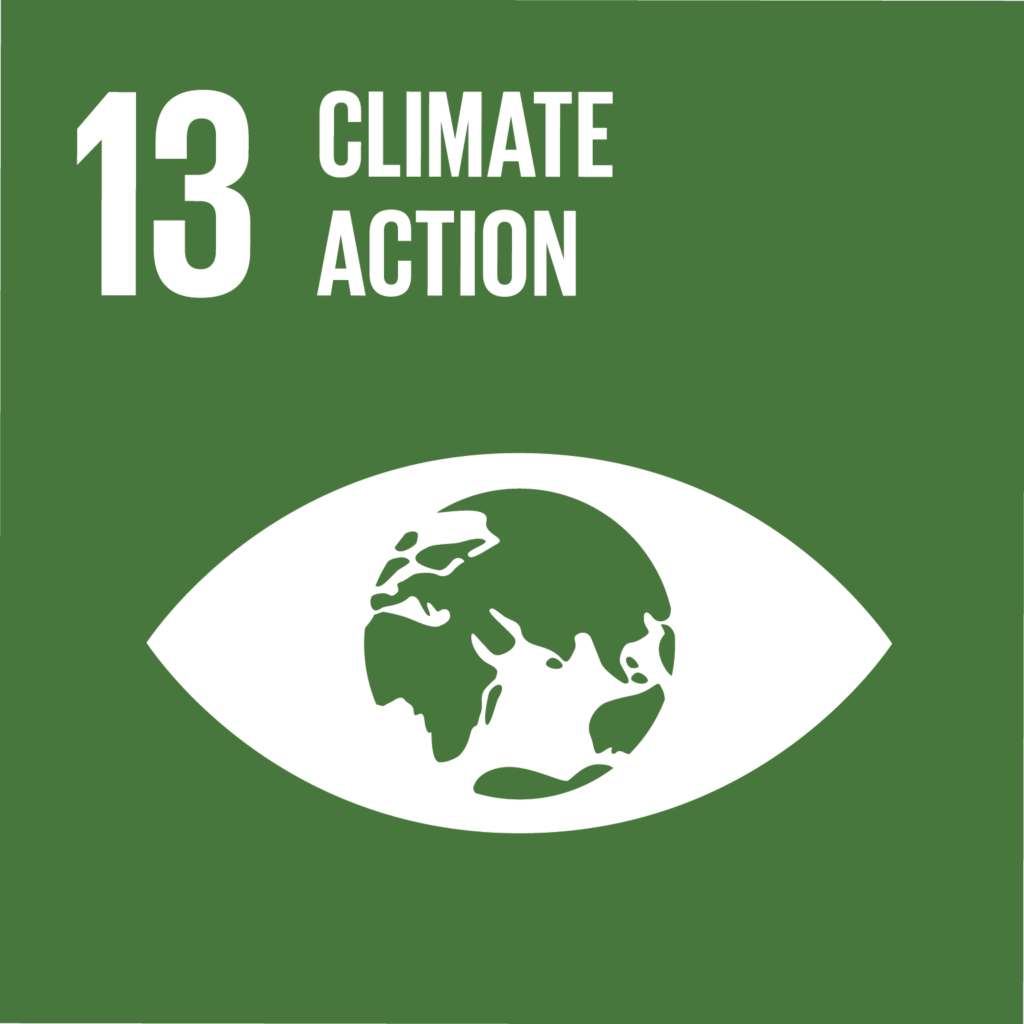
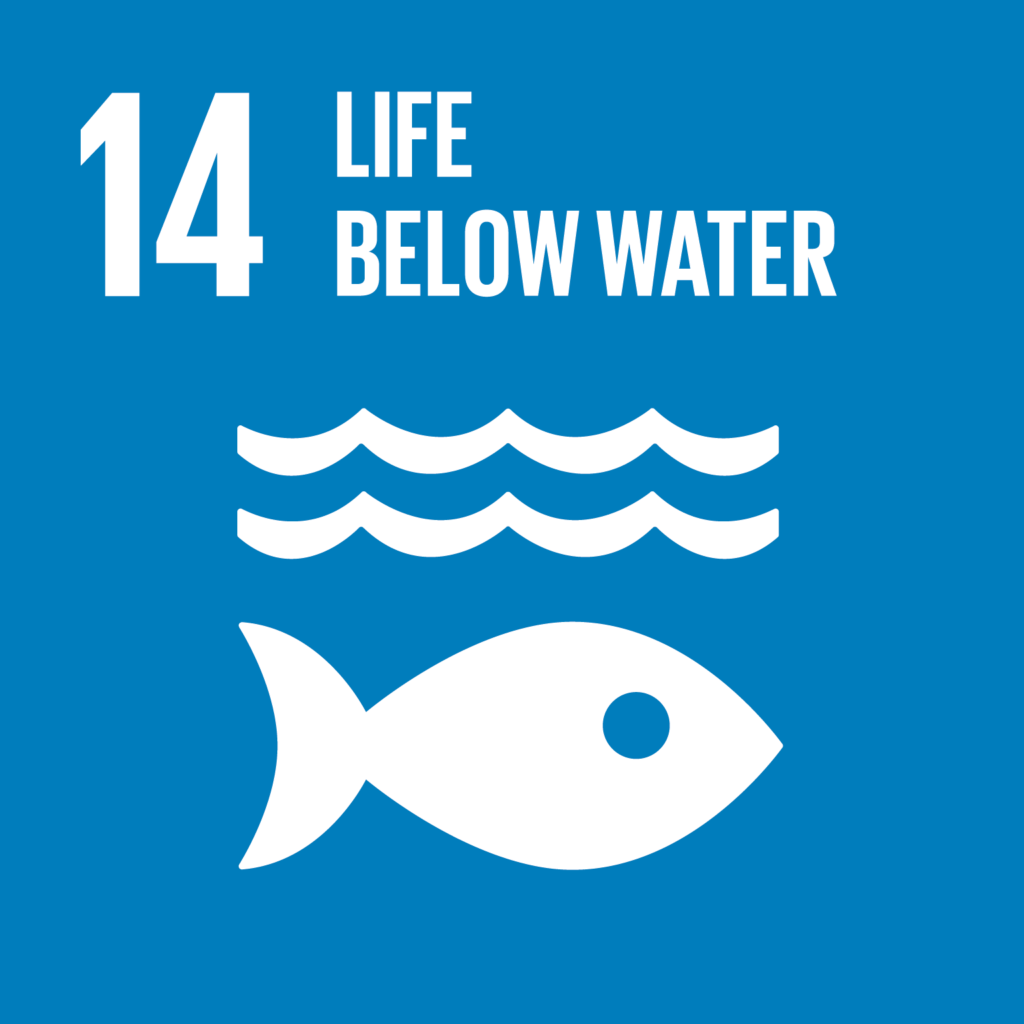
Map

Bas-Congo Province, Boma Sub-region, Muanda territory

23,683 Hectares
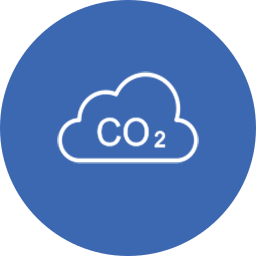
240,320 tCO2e

CCB: Validation Approval Requested
VCS: Registration Requested








